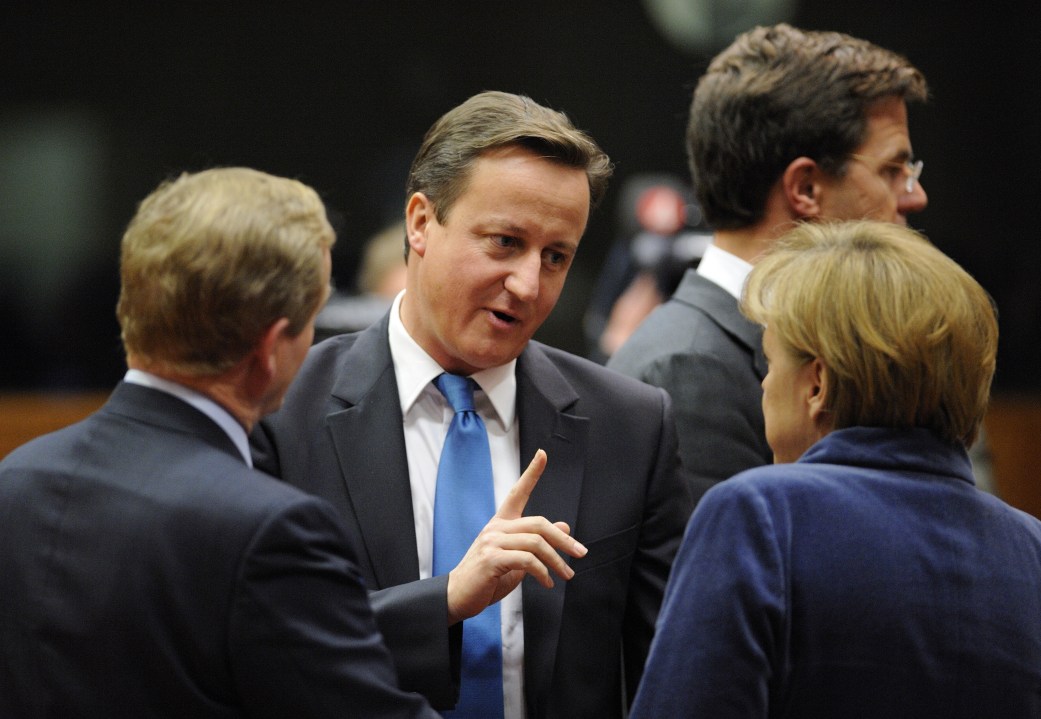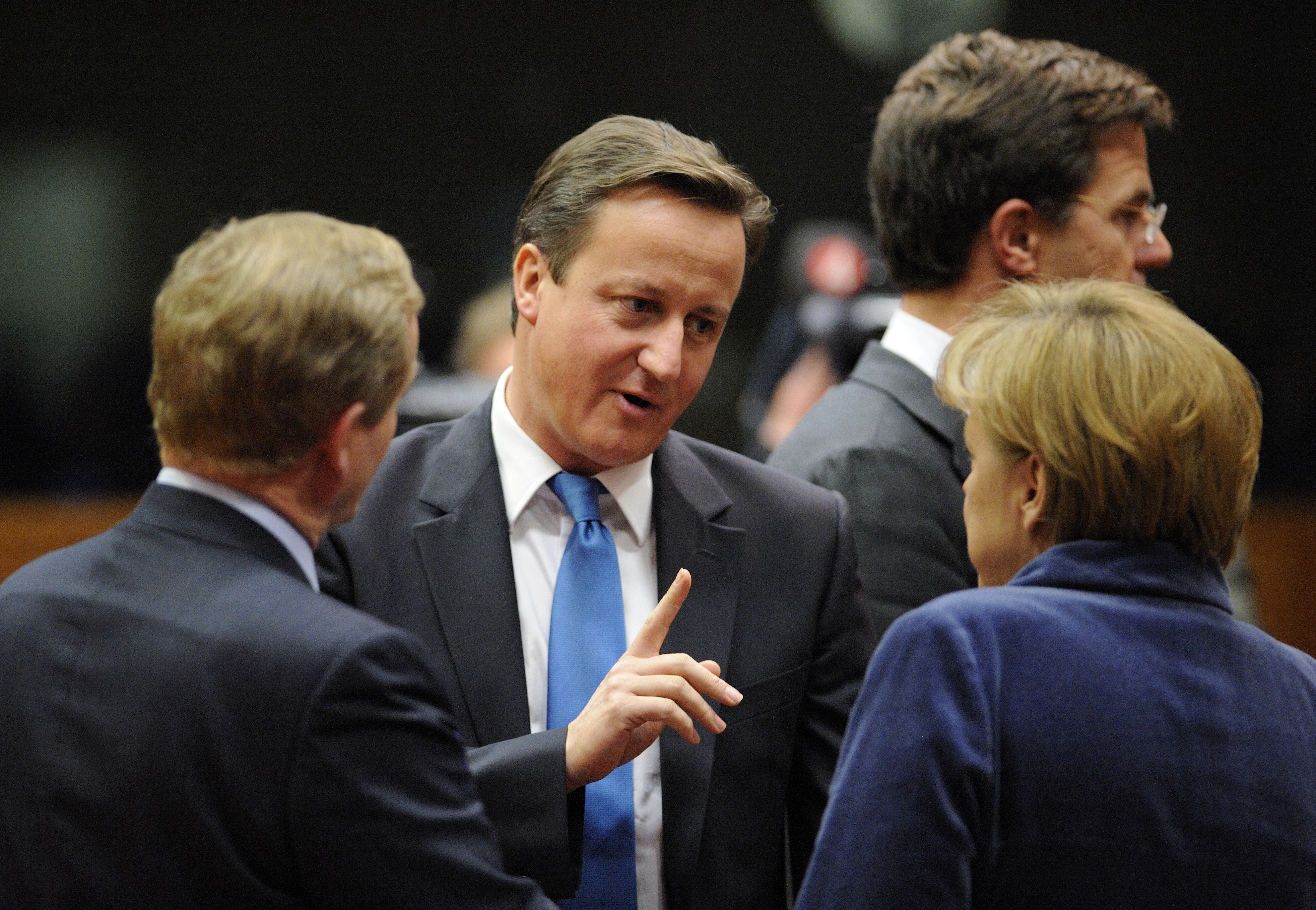 David Rennie (aka The Economist’s Bagehot) has an excellent column in this week’s issue about
the difficulties that Britain will face if she tries to repatriate powers from the EU. His main argument, having spoken to a number of senior German politicians and officials, is that if Britain
holds up any treaty revisions in the hope of extracting concessions in return, then the other EU states will organise themselves without the UK.
David Rennie (aka The Economist’s Bagehot) has an excellent column in this week’s issue about
the difficulties that Britain will face if she tries to repatriate powers from the EU. His main argument, having spoken to a number of senior German politicians and officials, is that if Britain
holds up any treaty revisions in the hope of extracting concessions in return, then the other EU states will organise themselves without the UK.
The Economist’s former Brussels correspondent also makes the key point that the 10 countries that are outside of the euro are not natural allies for the UK – some, like Denmark, do not want to join the euro, but others such as Poland are keen.
The bottom-line: Britain cannot run a “core” strategy – as the eurozone members are not likely to take UK advice – but nor can it run a “periphery” strategy either, as there is no confluence of interests with the most important non-euro members. If true, this should be a sobering thought to the British government but especially to the members of the 81 Group. Huffing and puffing will not make it easier – or even possible – to renegotiate the UK’s EU relationship. For a negotiation requires that you either have something to give up, or threaten with. The UK, The Economist is arguing, has neither. Let’s call this the “Rennie Rule”.
But like all EU-related rules this one also has a few opt-outs. If the UK holds up treaty change the other member-states could, in theory, cooperate regardless. However, this form of European cooperation would have to take place without the EU institutions – the European Commission, the European Parliament, the ECB etc as any changes to their mandates would require UK consent. In other words, the most integrative parts of the EU would be without the EU. And nobody in Berlin, Paris or Rome want that. So the UK does have a bargaining chip, albeit a small one.
Two important points flow from this. First, any form of renegotiation can only take place if those negotiating – principally the UK, Germany and France – trust each other and work in an atmosphere of consideration. So the antics of the 81 Group will make it less, not more, likely that the UK government will succeed in any renegotiation.
Second, a renegotiation strategy can only succeed if it is reasonable. The government has encouraged its backbenchers to be unreasonable and so they will use any opportunity – eg the Accession Bill for Croatia – to “up” their demands for a pull-back. But it will be in the Prime Minister’s interest to very quickly lay out what he believes can be renegotiated, what might be renegotiated and what cannot be renegotiated. This is where the Special Negotiator comes in, as I’ve argued before. The key is that once he has said what he wants – and can get past Nick Clegg – the PM must fight to the death for his new line.







Comments